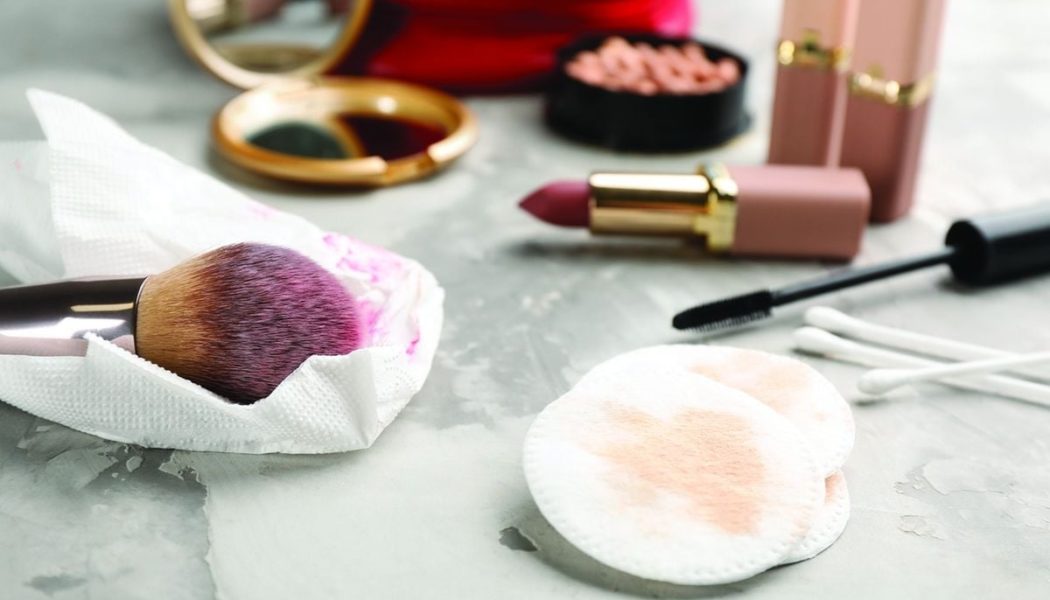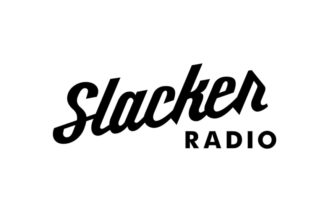
Tax on production and importation of alcoholic drinks, fuel, cigarettes, cosmetics and cars have posted a rare drop, pointing to low volumes on increased taxation.
Latest Treasury disclosures show revenue from excise duty, including road maintenance levy (RML), petroleum development levy (PDL) and electricity levy, fell marginally for the first nine months of the financial year ending this month.
The Kenya Revenue Authority, the numbers indicate, collected Sh280.43 billion from ordinary excise duty as well as RML, PDL and electricity levy.
This represents a Sh194 million, or a marginal 0.07 percent, drop from Sh280.62 a year earlier.
Excise duty is largely charged on goods such as beer, spirits, wine, cigarettes, mineral water, juice, cosmetics and cars as well as services such as airtime, internet and earnings on loan fees.
The Treasury had last year warned that falling volumes of excisable goods were posing a revenue risk to the budget for the current year ending this month.
The Treasury in the Budget Review and Outlook report singled out a “decline in oil volumes, motor vehicle imports and deliveries of domestic excisable goods such as cosmetics, beer and spirits” for shortfalls in excise duty collections.
Cash receipts from ordinary excise duty, commonly referred to as sin taxes, fell short of the Sh258.67 billion goal for the nine-month period through March 2024 by Sh54.50 billion despite growing 2.8 percent.
The collections, however, represented a slim year-on-year drop when RML, PDL and other levies are factored in.
For every litre of super petrol bought, the KRA takes Sh21.95 as excise duty, while the duty for diesel and kerosene is Sh11.37 per litre.
Additionally, motorists pay Sh18 per litre of petrol and diesel as RML, or fuel levy, while homes using kerosene for lighting and cooking remit an adulteration fee at the same rate.
PDL, whose proceeds are tapped to stabilise pump prices and cushion consumers from high prices, is, on the other hand, levied at Sh5.40 per litre of petrol and diesel, and Sh0.5 per kilogramme of liquefied petroleum gas.
Sale of super and diesel were earlier this financial year under downward pressure after prices went through the roof on the back of elevated costs of the essential commodity on the global markets, exacerbated by the doubling of VAT rate to standard 16 percent from July last year and weakening of the shilling.
Alcohol makers are charged Sh134 duty per litre of beer, Sh229 for wine and Sh335.30 for spirits such as whisky and gin of the same capacity, rates which are passed onto consumers. The Ruto administration spared alcohol and cigarettes from increased excise duty for the current fiscal year, the first relief in five years.
The duty on spirits, wine and cigarettes is, however, set to go up from July if lawmakers pass the Finance Bill 2024 without amendments which has proposed a new formula where the rate goes up in line with alcohol content.
Cosmetics and beauty products attract excise duty at the rate of 15 percent of value, while the rate for motor vehicles ranges between 20 and 35 percent of the customs value and import duty based on the size of the engine.
Cigarettes, alongside alcoholic drinks like beer, spirits and wine, have for decades been seen as being price inelastic, meaning their consumption would not be hit by cost movements in either direction, making them soft targets.
British American Tobacco Kenya last year said the illegal sale of cigarettes accounted for about a quarter of the market, blaming high taxation on the product linked to a high risk of contracting life-threatening diseases.









